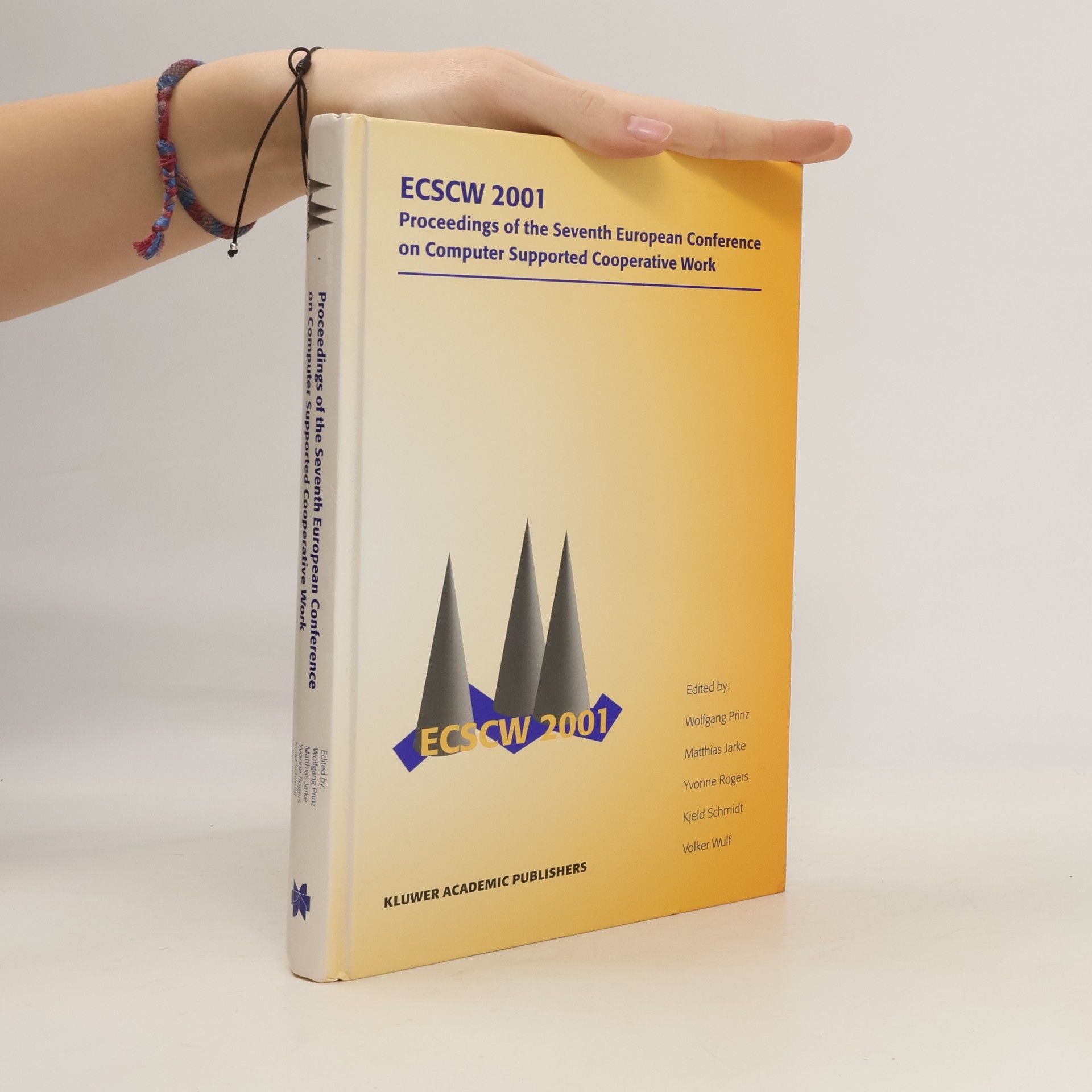ECSCW 2001
- 436pages
- 16 heures de lecture
The emergence and widespread use of personal computers and network technologies has seen the development of interest in the use of computers to support cooperative work. This volume presents the proceedings of the seventh European conference on Computer Supported Cooperative Work (CSCW). This is a multidisciplinary area which embraces both the development of new technologies and an understanding of the grounding of CSCW technology in organizational practices. These proceedings contain a collection of papers that encompass activities in the field, including distributed virtual environments, new models and architectures for groupware systems, studies of communication and coordination among mobile actors, studies of cooperative work in heterogeneous settings, studies of groupware systems in use in real-world settings, and theories and techniques to support the development of cooperative applications. The papers present emerging technologies alongside new methods and approaches to the development of this important class of applications. The work in this volume represents the best of the current research and practice within CSCW. The collection of papers presented here will appeal to both researchers and practitioners alike as they combine an understanding of the nature of work with the possibility offered by new technologies.
